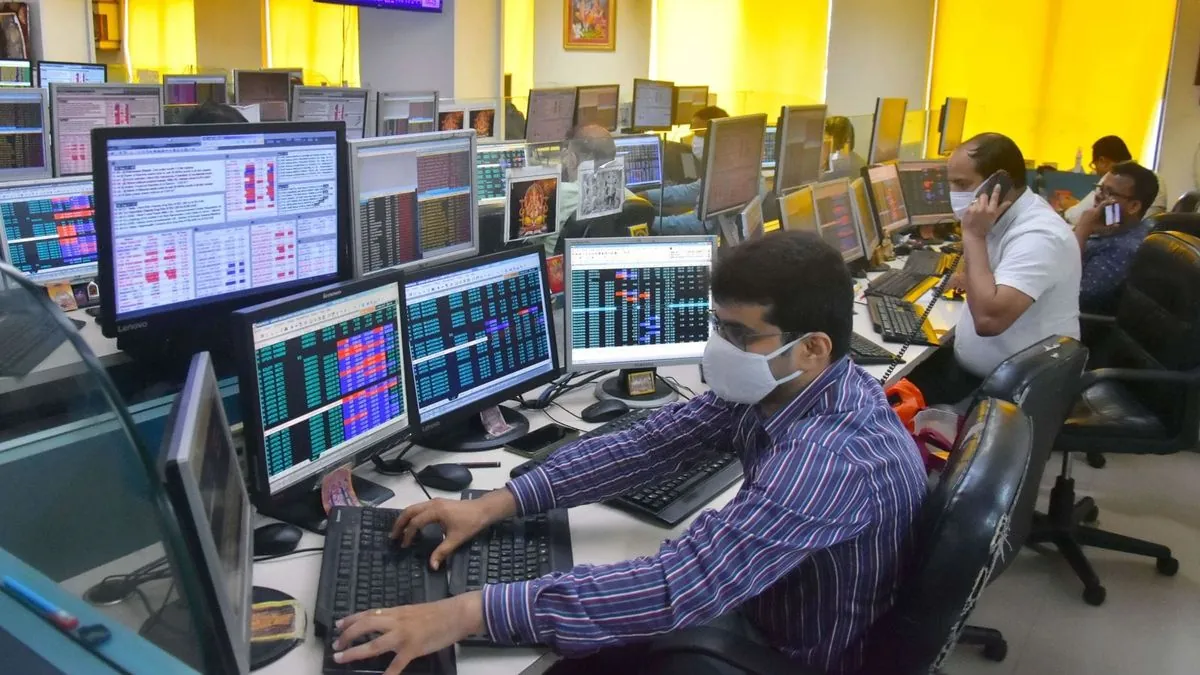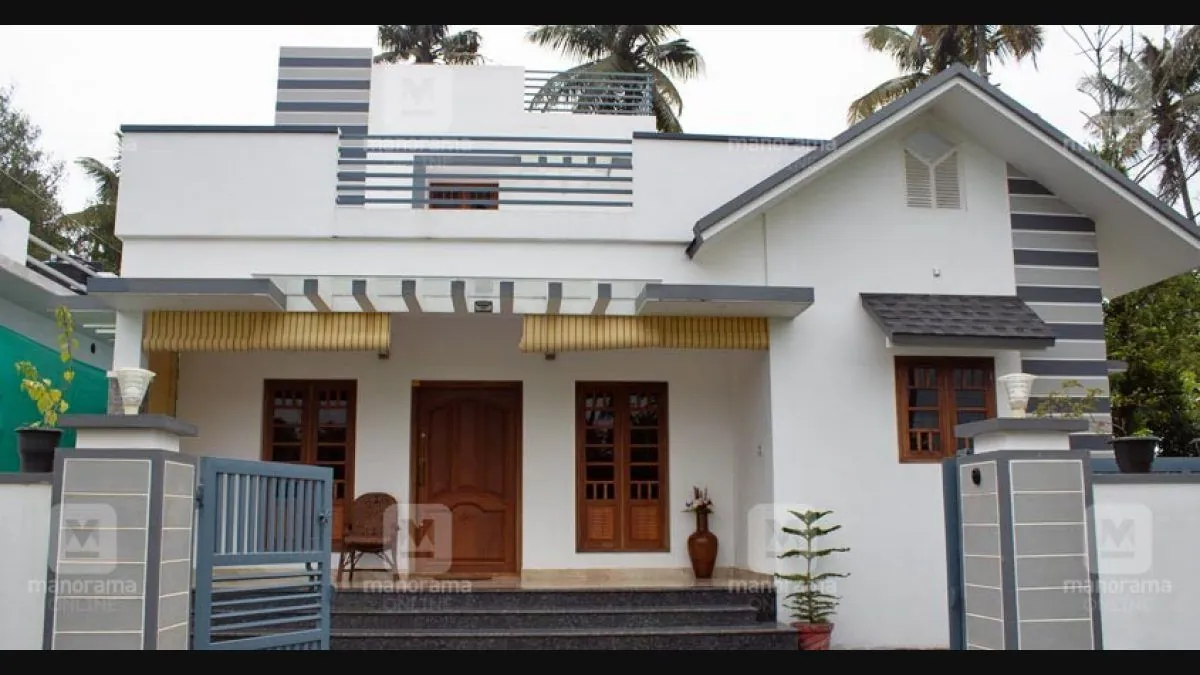Bajaj Housing Finance's IPO Surge Raises Questions About Indian Market Valuations
Bajaj Housing Finance's shares soar 125% on debut, reflecting strong demand in India's mortgage market. The $16 billion valuation sparks concerns about broader market trends and sustainability of the rally.

In a remarkable market debut, Bajaj Housing Finance saw its shares surge by 125% on September 16, 2024, in Mumbai. This impressive performance resulted in a market capitalization of nearly $16 billion for the mortgage lender, highlighting the robust demand in India's housing finance sector.
The successful initial public offering (IPO) of Bajaj Housing Finance reflects the growing appetite for mortgages in India, the world's fifth-largest economy. This trend stands in stark contrast to China, where the housing market is experiencing a contraction. India's urbanization rate, currently at 35% and growing by 2.3% annually, is driving the demand for housing and related financial services.
Bajaj Housing Finance has positioned itself to cater to a specific demographic within India's expanding middle class. The company focuses on borrowers in their late thirties with annual salaries of approximately $15,500, which is seven times India's per capita income. This target market aligns with projections that India's middle class will grow to 580 million by 2030, potentially fueling further demand for housing finance.

The company's financial performance has been impressive, with the value of outstanding home loans increasing by 24% to over $6 billion in the year ending March 2024. Bajaj Housing Finance has maintained exceptionally low default rates, with non-performing loans accounting for less than 0.3% of its portfolio. This performance is particularly noteworthy given that India's mortgage-to-GDP ratio is around 11%, significantly lower than in many developed countries, suggesting room for growth in the sector.
While Bajaj Housing Finance's debut is cause for celebration, it also raises questions about broader market valuations in India. The MSCI India index is trading at 24 times one-year forward earnings, indicating potentially stretched valuations across the market. This situation calls for careful consideration of the sustainability of such high multiples.
The IPO, which raised $782 million, attracted bids worth $39 billion between September 9 and 11, 2024. Notable anchor investors included the Government of Singapore, BlackRock Global Funds, and Abu Dhabi Investment Authority. The cautious pricing strategy employed by the company and its advisors, including Kotak and Bank of America, may have contributed to the strong first-day performance.
"While Bajaj Housing Finance's debut is impressive, it's crucial to consider the broader implications for India's equity markets. The surge in share price, while positive for the company, may be indicative of overenthusiasm in the market."
As India's financial sector continues to evolve, with non-banking financial companies (NBFCs) playing an increasingly significant role, investors should remain vigilant. The country's real estate market is projected to reach $1 trillion by 2030, supported by government initiatives like the "Housing for All" program and regulatory reforms such as RERA. However, the sustainability of current market valuations remains a key concern for analysts and investors alike.
In conclusion, while Bajaj Housing Finance's successful debut underscores the potential of India's mortgage market, it also serves as a reminder of the need for cautious optimism in a rapidly growing economy with an increasingly dynamic financial landscape.


































